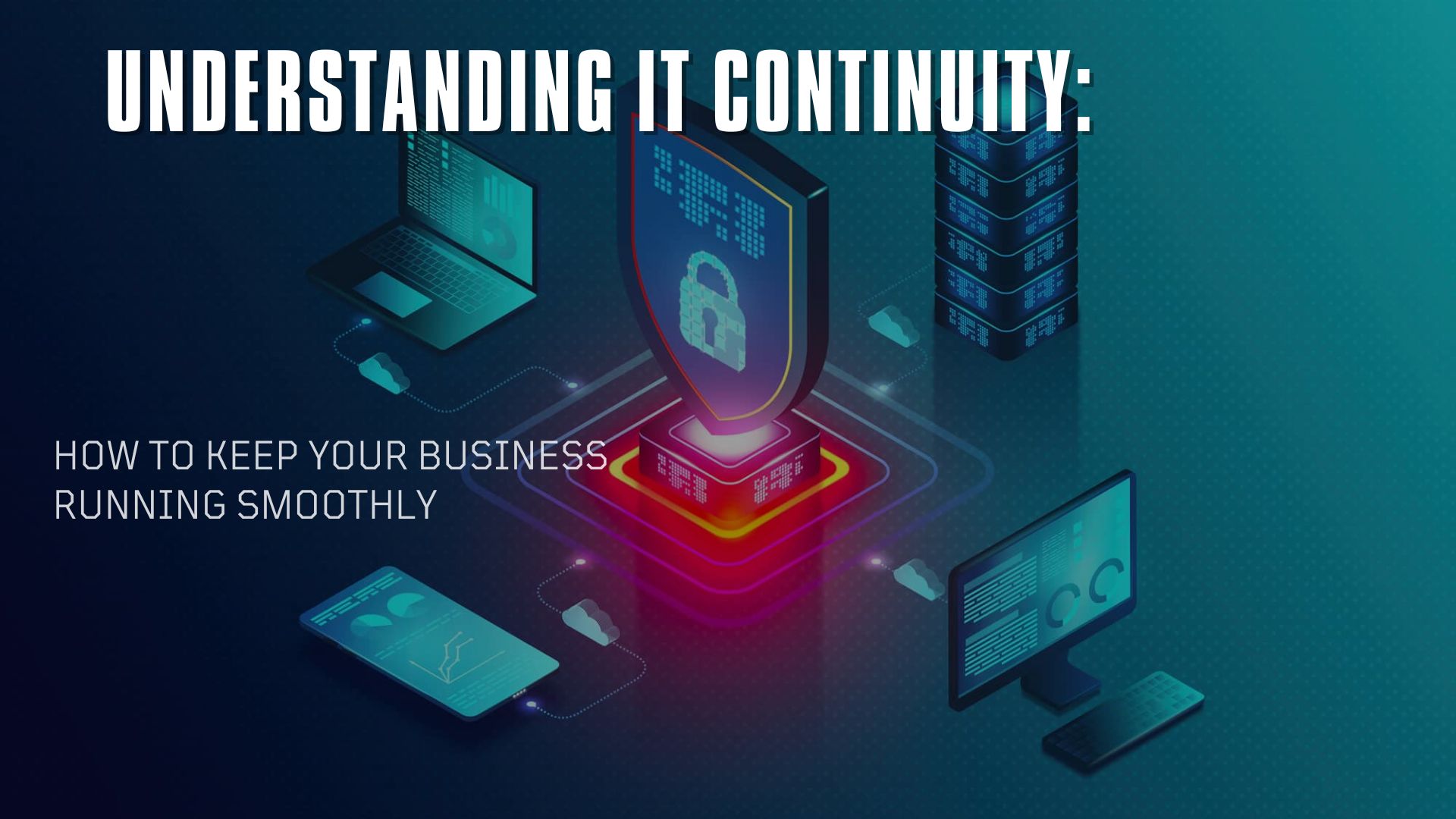A company’s IT infrastructure is a critical component of its operational foundation. Ensuring its uninterrupted function is essential. IT Continuity is the discipline that addresses this need. Here’s a deeper look into its importance and how it paves business stability.
What Does It Mean?
IT Continuity is the systematic approach to safeguarding the uninterrupted operation of an enterprise’s IT functions. It’s not merely about disaster recovery but encompasses a broader spectrum of planning. This involves risk assessments, defining clear protocols, and training personnel to handle disruptions. The goal is resilience, ensuring the business can weather unforeseen challenges and maintain its operational integrity.
Minimizing Downtime
Operational downtime is more than just an inconvenience; it represents tangible financial losses and can erode customer trust. IT Continuity strategies are designed to identify potential points of failure in the IT infrastructure. By addressing these proactively, the duration and frequency of downtimes can be significantly reduced.
Data Safety and Retrieval
Data drives decision-making and strategy in contemporary businesses. The loss or compromise of this data can have cascading effects on operations. IT Continuity prioritizes safeguarding this data through robust backup systems and secure storage solutions. Furthermore, it emphasizes rapid data recovery, which ensures that operations can resume with minimal delay in the event of data loss.
Cost Considerations
Investing in IT Continuity is a proactive financial strategy. While there’s an initial outlay, the potential savings from averting extended downtimes or data loss incidents are significant. Beyond direct financial savings, a robust continuity plan can also prevent reputational damage and the associated loss of business. Essentially, it’s a strategic move to protect current and future revenue.
Earning Customer Trust
Reliability is a cornerstone of customer trust. When clients know that a business has measures in place for consistent service delivery, even in the face of challenges, their confidence is bolstered. IT Continuity provides this assurance. Businesses can foster deeper trust and loyalty among their clientele by demonstrating a commitment to uninterrupted service.
Adapting to Change
New software, hardware, and potential threats emerge regularly. An effective IT Continuity plan is dynamic, evolving to address these changing parameters. Regular audits, updates, and training sessions ensure the continuity strategy remains relevant and effective, safeguarding the business against current and emerging challenges.
Boosting Employee Productivity
A stable IT environment is foundational for employee productivity. Constant disruptions or system failures can lead to decreased morale and hindered performance. IT Continuity ensures that employees have consistent access to the tools they need. By reducing IT-related disruptions, businesses can keep their teams focused and efficient, driving overall productivity.
Gaining a Competitive Edge
Resiliency can be a differentiator in a market where multiple businesses offer similar services. Companies that can quickly recover from IT disruptions position themselves as more reliable than their competitors. This resilience paves the way for consistent service delivery and can be a selling point, attracting clients who value reliability and consistency.
Final Thoughts
IT Continuity is a fundamental aspect of modern business strategy. As businesses become more reliant on technology, ensuring the stability of this technology becomes paramount. A robust IT Continuity plan allows businesses to face challenges confidently, maintain operational integrity, and continue serving their clients effectively.


